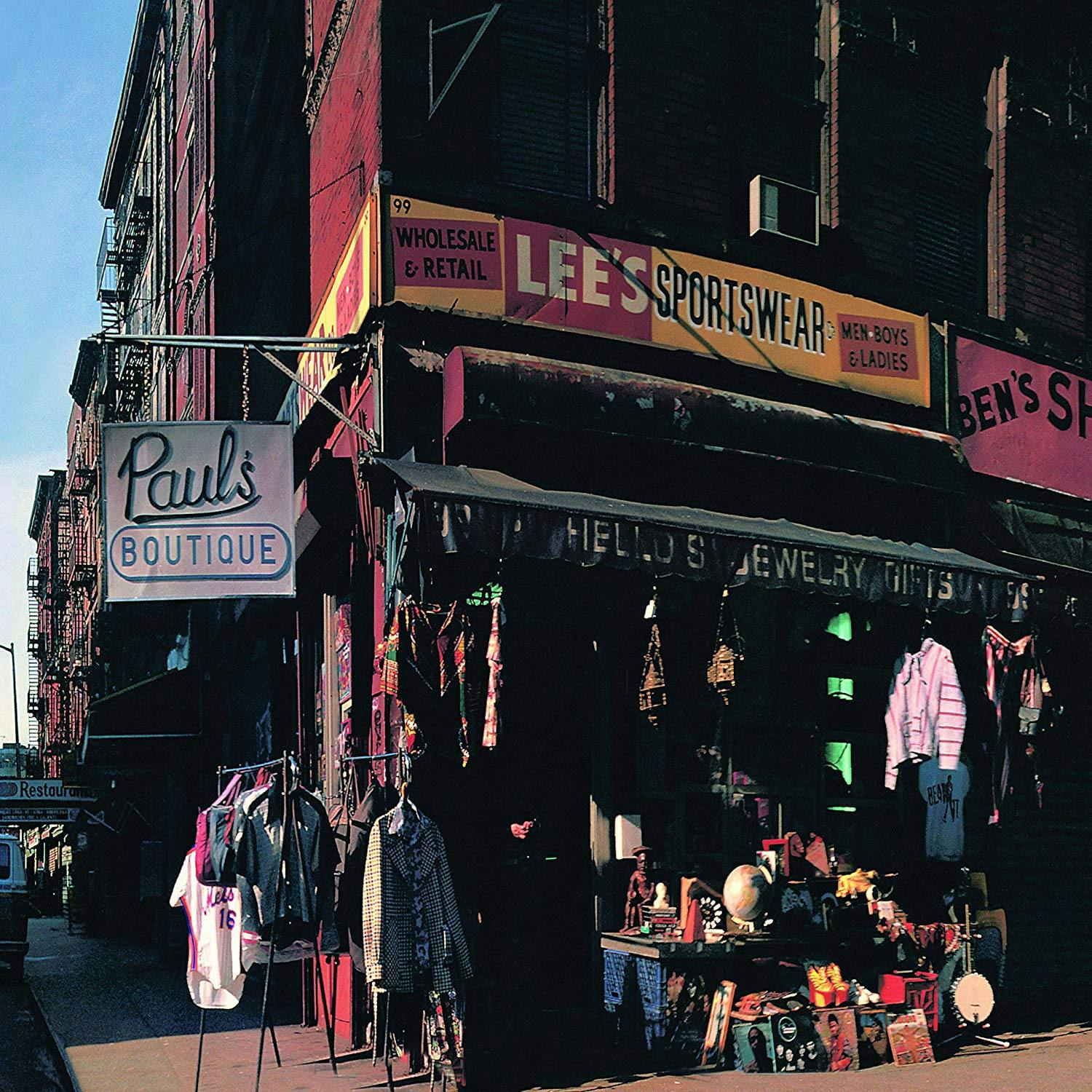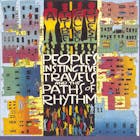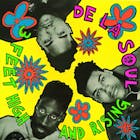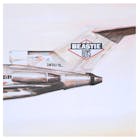features
Classic Albums: 'Check Your Head' by Beastie Boys
Classic Albums: 'Check Your Head' by Beastie Boys
Published Thu, April 21, 2022 at 12:00 PM EDT
"Mike nearly got in a fistfight with the singer of R.E.M. Now, Mike’s on a crazy mission to find him."
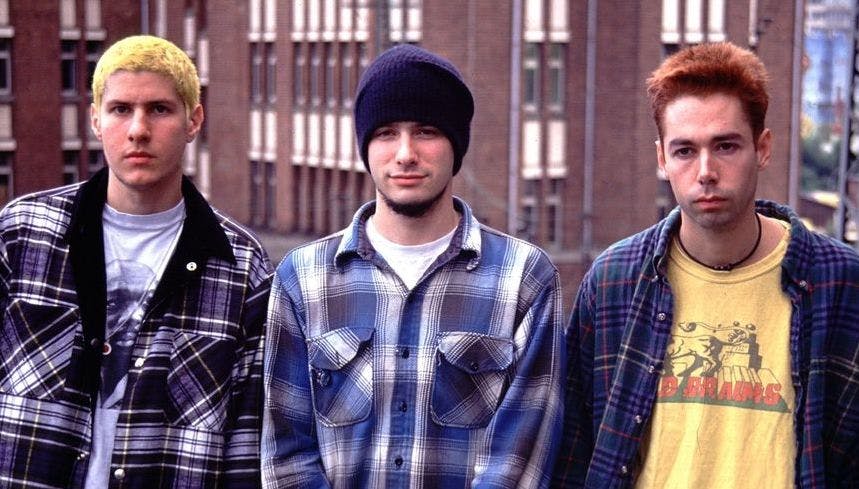

“There was talk of making it an instrumental record for a while,” Mike D shared in 2009. “For the first year-and-a-half we just came into the studio and played our instruments every day. We didn't even mess with vocals for a long time.”


“People think it’s taken so long to do this album, but it kinda seems like when we were doing it, it only took a few months,” said Horovitz in 1992.

If you can feel what I’m feeling, then it’s a musical masterpiece/If you can hear what I’m dealing with, then that’s cool at least/What’s running through my mind comes through in my walk/True feelings are shown from the way that I talk...”
"Before putting out ‘Paul Revere’ [in 1986], we were playing shows with Run-D.M.C., Schoolly D, LL COOL J – we were immersed in that world."

But I feel like somewhere around us making CHECK YOUR HEAD, people like Q-Tip started coming by the studio—Afrika, Jungle Brothers, Biz Markie. We kinda had a new community."
- Mike D, (HUCK interview, 2018)

